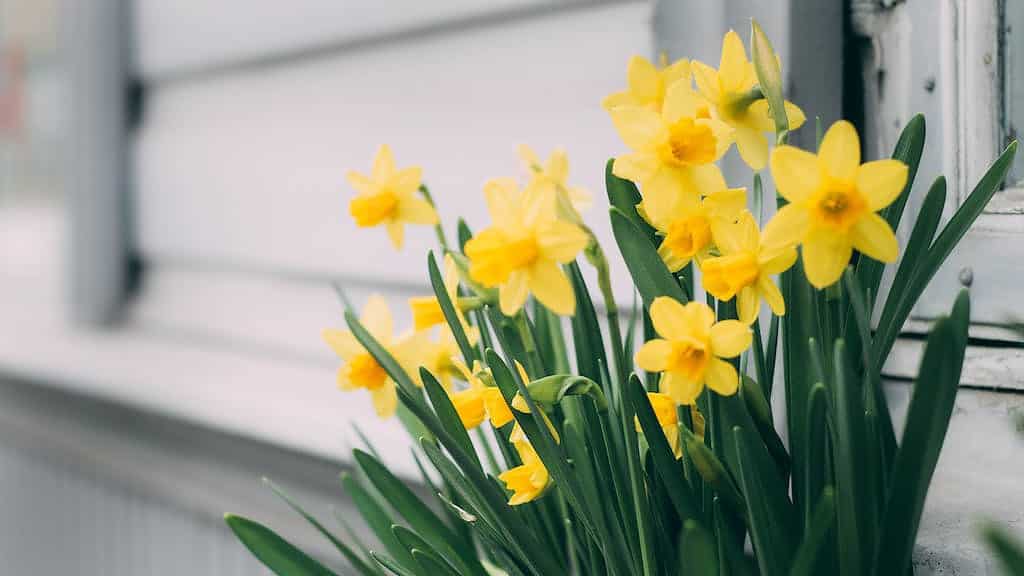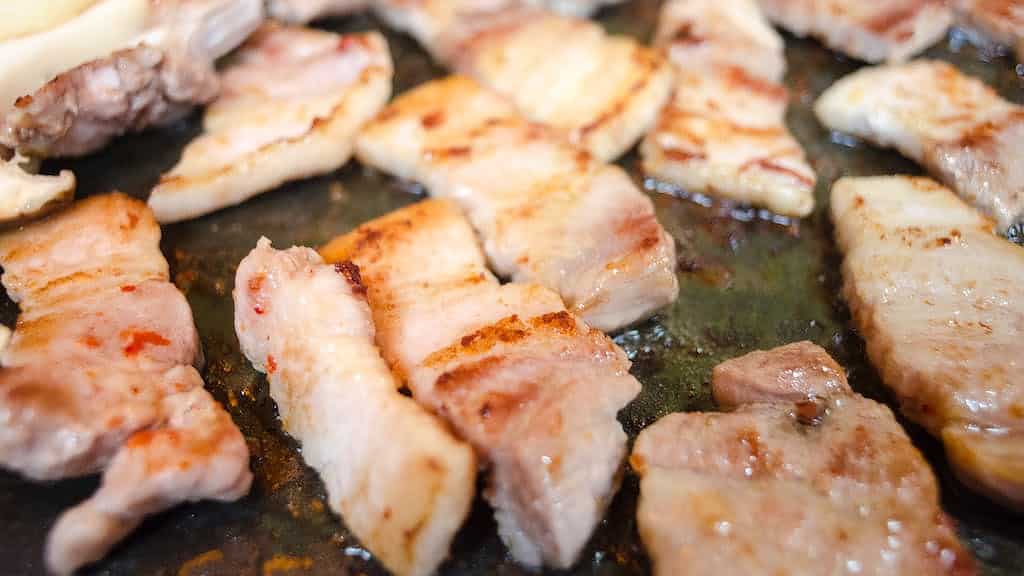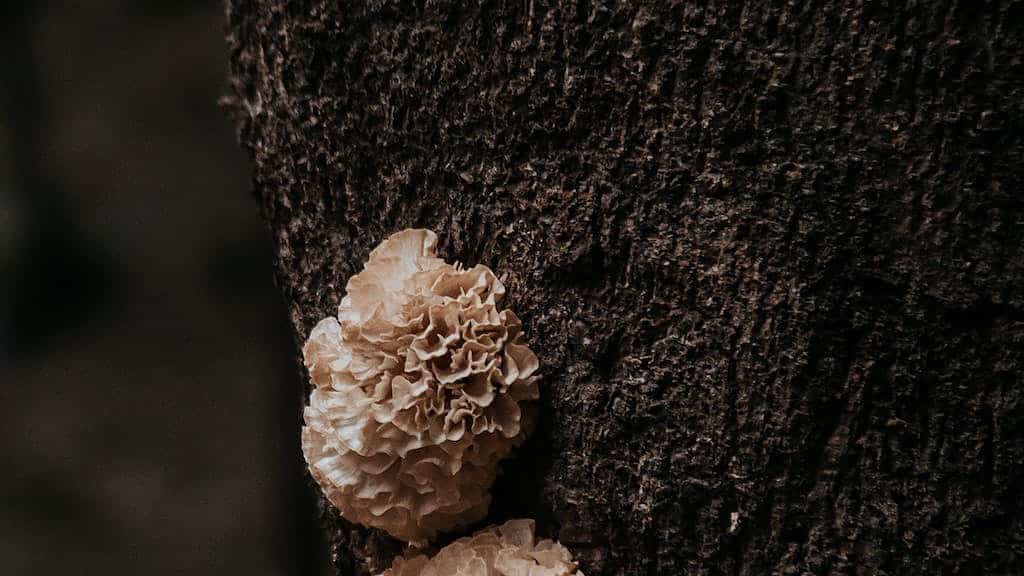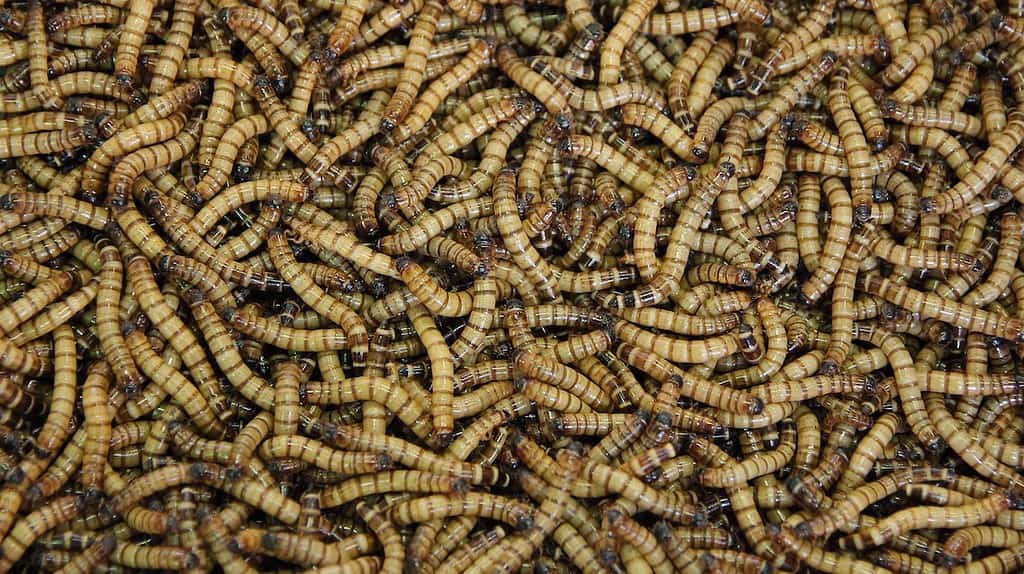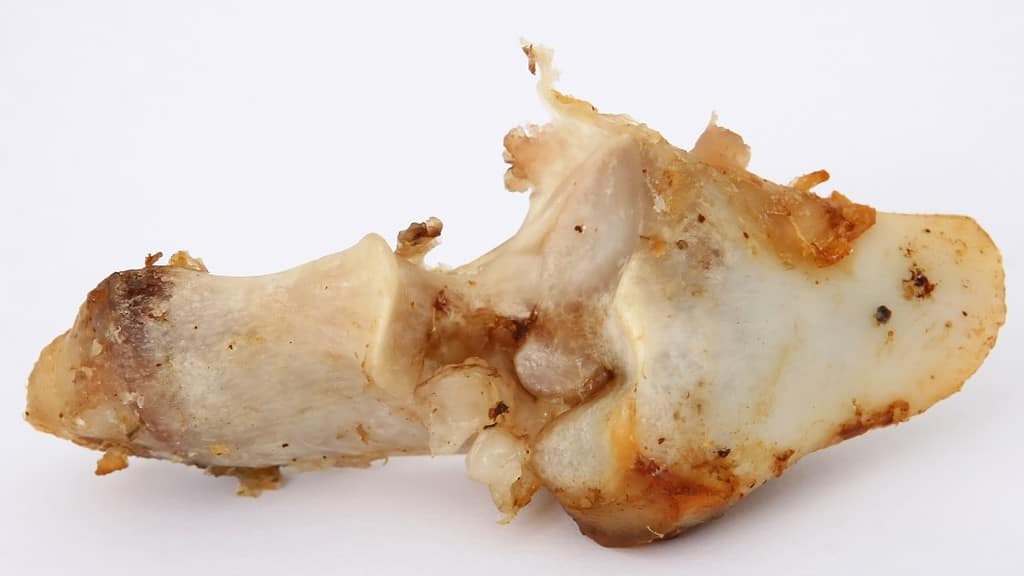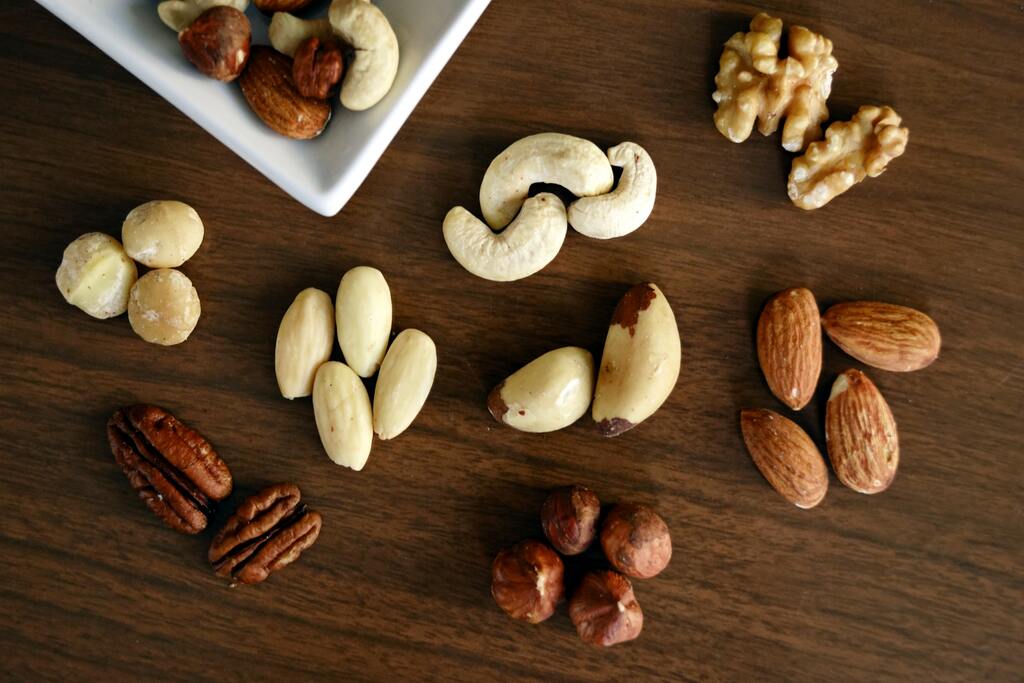Key Takeaways
- Daffodils are toxic to dogs and should be kept away from them.
- All parts of the daffodil plant, including the flowers, leaves, and bulbs, contain toxic compounds that can harm dogs if ingested.
- Ingesting daffodils can cause symptoms like vomiting, diarrhea, abdominal pain, drooling, and even more severe complications like irregular heart rate and difficulty breathing.
- If you suspect your dog has eaten daffodils or is showing signs of poisoning, it is important to seek immediate veterinary attention.
- Prevention is key – make sure to keep daffodils out of reach and avoid planting them in areas accessible to your dog.
Summary
Can dogs eat daffodils? No, they cannot. While daffodils may add beauty to our gardens, they pose a serious threat to our furry friends. This article dives into the various dangers associated with dogs consuming daffodils and explains the harmful effects they can have on their health. Additionally, it provides crucial information on the symptoms to watch out for, along with the necessary steps to take if a dog ingests any part of the plant. By reading this article, dog owners will gain valuable insights on how to keep their pets safe and protected from the potential hazards of daffodils.

Can Dogs Eat Daffodils?
1. Identification of Daffodils
Daffodils, also known as narcissus or jonquil, are vibrant and beautiful flowering plants commonly found in gardens. These plants belong to the Amaryllidaceae family and are known for their trumpet-shaped flowers and distinct yellow or white color. While daffodils are aesthetically pleasing, it is important to understand the potential risks they pose to our four-legged friends.
2. Toxic Elements in Daffodils
Daffodils contain various toxic compounds, primarily concentrated in their bulbs. The most concerning of these compounds are lycorine alkaloids, which are found in all parts of the plant but are highly concentrated in the bulbs. These alkaloids can cause an array of adverse effects when ingested by dogs, including gastrointestinal upset, vomiting, diarrhea, abdominal pain, drooling, and in severe cases, cardiac arrhythmias or respiratory distress.
3. Immediate Actions to Take
If you suspect your dog has ingested any part of a daffodil, it is important to act quickly. Immediately remove any remaining plant material from their mouth, being cautious not to get bitten. Contact your veterinarian for guidance, explaining the situation and providing details of the exposure. They may advise inducing vomiting to remove the toxic substances or recommend other appropriate steps to minimize potential harm.
4. Potential Side Effects in Dogs
When dogs consume daffodils, they can experience a range of symptoms. These may begin with gastrointestinal upset, including nausea, vomiting, and diarrhea. In more severe cases, muscle tremors, abdominal pain, excessive drooling, and irregular heartbeat may occur. If left untreated, dogs may develop more life-threatening conditions, such as disorientation, collapse, and difficulty breathing. It is crucial not to ignore any signs of daffodil ingestion in dogs.
5. Alternatives and Safer Choices
It is best to prevent dogs from coming into contact with daffodils altogether. Instead of having daffodils in your garden, choose pet-friendly plants that are non-toxic to dogs. Some excellent alternatives include marigolds, sunflowers, zinnias, or petunias. Always research the potential toxicity of plants before introducing them to your garden or home environment, ensuring the safety and well-being of your furry companion.
6. Seek Veterinary Guidance
If you suspect your dog has ingested any part of a daffodil or is showing signs of daffodil poisoning, it is essential to seek immediate veterinary assistance. They will be able to assess your dog’s condition, provide appropriate treatment, and offer guidance to ensure a safe recovery. Remember, early intervention is crucial in mitigating potential harm caused by daffodil ingestion in dogs.
Recipes and Alternatives to daffodils for dogs
Daffodils are highly toxic to dogs and should never be included in their recipes. Ingesting any part of the daffodil plant can cause severe symptoms such as vomiting, diarrhea, abdominal pain, and even cardiac arrhythmias. It is important to keep daffodils and any other toxic plants out of reach of your furry friends. Instead, here are some safe and healthy alternatives for dog-friendly recipes:
- Pumpkin and peanut butter treats
- Carrot and apple pupcakes
- Chicken and sweet potato stew
- Blueberry and banana frozen yogurt
Can Dogs Eat Daffodils? – Frequently Asked Questions
Q: Are daffodils safe for dogs to eat?
No, daffodils are toxic to dogs and should never be ingested. All parts of the daffodil plant, including the flowers, leaves, and bulbs, contain toxic compounds that can lead to severe health issues if consumed by dogs.
Q: What makes daffodils toxic to dogs?
Daffodils contain alkaloids, mainly lycorine, which can cause vomiting, diarrhea, abdominal pain, drooling, tremors, and even more serious symptoms like cardiac arrhythmias or low blood pressure when ingested by dogs.
Q: What happens if my dog eats daffodils?
If your dog ingests any part of a daffodil plant, monitor their behavior closely and contact your veterinarian immediately. Symptoms may include vomiting, diarrhea, excessive drooling, abdominal discomfort, tremors, changes in heart rate, difficulty breathing, or even collapse in severe cases.
Q: How quickly do symptoms appear after ingestion?
The onset of symptoms after a dog eats daffodils can vary depending on the amount consumed and the dog’s size. In most cases, symptoms may appear within a few hours of ingestion and can persist for up to 24 hours or longer.
Q: What should I do if my dog eats daffodils?
If you suspect your dog has eaten daffodils or any part of the plant, contact your veterinarian immediately for guidance. It is important not to induce vomiting unless specifically instructed by a professional, as it can worsen certain conditions. Your vet may recommend you bring your dog in for an examination and provide treatment to manage any symptoms.
Q: Can daffodils be harmful to other pets, like cats?
Yes, daffodils are toxic to other pets as well, including cats. The toxic compounds found in daffodils can cause similar symptoms and health complications in cats as they do in dogs. If you suspect your cat has ingested daffodils, contact your veterinarian immediately.
Q: How can I prevent my dog from eating daffodils?
Prevention is key to keeping your dog safe from daffodil toxicity. Here are some tips to prevent ingestion:
- Ensure your dog is supervised and keep daffodil plants out of their reach, especially when planting bulbs outdoors.
- If you have daffodils indoors, place them in areas that are inaccessible to your dog.
- Train your dog to avoid eating anything from the ground during walks or outings.
- Educate family members, friends, and neighbors about the dangers of daffodils to dogs and encourage them to keep their gardens pet-friendly.
By taking these preventative measures, you can significantly reduce the risk of your dog coming into contact with daffodils.
Q: Are there any safe alternatives for dogs to enjoy instead of daffodils?
Absolutely! There are numerous dog-friendly plants and flowers that can be incorporated into your home or garden. Some examples include roses, marigolds, sunflowers, snapdragons, zinnias, and petunias. However, it’s always advisable to conduct research or consult with a veterinarian to ensure the safety of any plants or flowers before introducing them to your dog’s environment.
Conclusion
Can dogs eat daffodils?
Based on the information discussed, it is clear that dogs should not eat daffodils. Daffodils are toxic to dogs and pose a serious risk to their health if ingested. The various components of daffodils, such as the bulbs, stems, leaves, and flowers, contain substances that can cause gastrointestinal upset, vomiting, diarrhea, and even more severe symptoms like cardiac arrhythmias and respiratory distress. It is essential for dog owners to be aware of the potential dangers and keep their pets away from daffodils. If you suspect your dog has ingested any part of a daffodil, it is crucial to seek immediate veterinary assistance to prevent complications and ensure their well-being.
📚 Sources:
